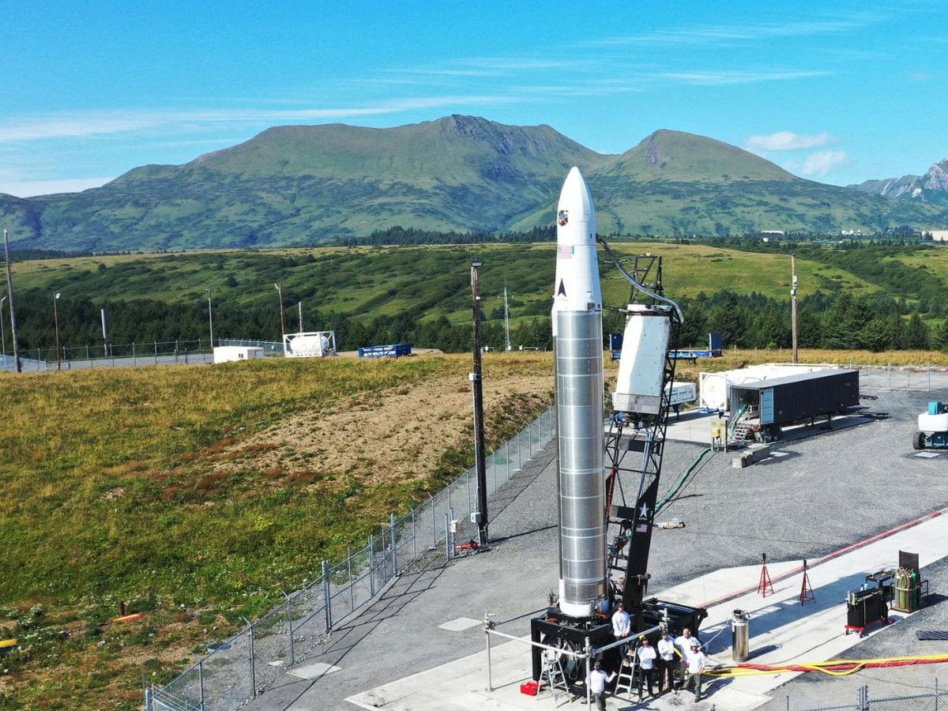This morning, Spaced Ventures (SV) announced a $1.2 million seed round led by WorldQuant Ventures. Founded one year ago, the startup recently opened its space crowdfunding platform to the public in beta mode.
- SV will use the new capital to scale its crowdfunding offering and launch a new product for accredited investors.
“There’s been this old narrative that crowdfunding is for the leftovers, the companies that aren’t good enough,” SV CEO Aaron Burnett told Payload. “We think that narrative’s being torn down.” SV’s business is made possible largely thanks to Reg. CF, a relatively recent SEC rule allowing startups to raise $5 million via crowdfunding offerings every year.
Freshman class…SV currently has three startups listed on its investment portal:
- Cosmic Shielding Corporation (spacecraft radiation materials)
- Exo-Space (on-orbit edge computing)
- Infinite Composites (tanks/valves for compressed and cryogenic fluids)
Investors have pledged $600k total so far; all three startups have cleared their minimum fundraising goals.
Risk appetite? Most startups don’t succeed, and when it comes to space, the rate of failure is especially high. Burnett is the first to concede that investing in space startups is risky. “It’s high risk, potentially high reward. But there’s no guarantee.”
- As the saying goes, only invest what you can prepare to lose.
- Speculative investing patterns have been all the rage in 2021.
- Plus, there’s not much alpha to be found in the public markets, Burnett said.
Onboarding to the platform is not as simple as submitting an email and waving a credit card. Like other fintech companies, SV must run know-your-customer and anti-money laundering compliance checks on prospective users.
SV has already received 100 applications from space companies looking to raise. When it comes to specific verticals, “we’re fairly agnostic,” Burnett said. The key vetting criteria: near-term viability, the founding teams’ technical and business chops, total addressable market, and traction.
Ultimately, SV’s bet is that 1) everyday investors are attracted to deal opportunities they historically didn’t have; 2) there’s enough would-be private space investors out there, 3) if you build it, companies will come; 4) most deals won’t be duds. As is common in early-stage investing, it will take years before we can tell it’s a winning bet.





